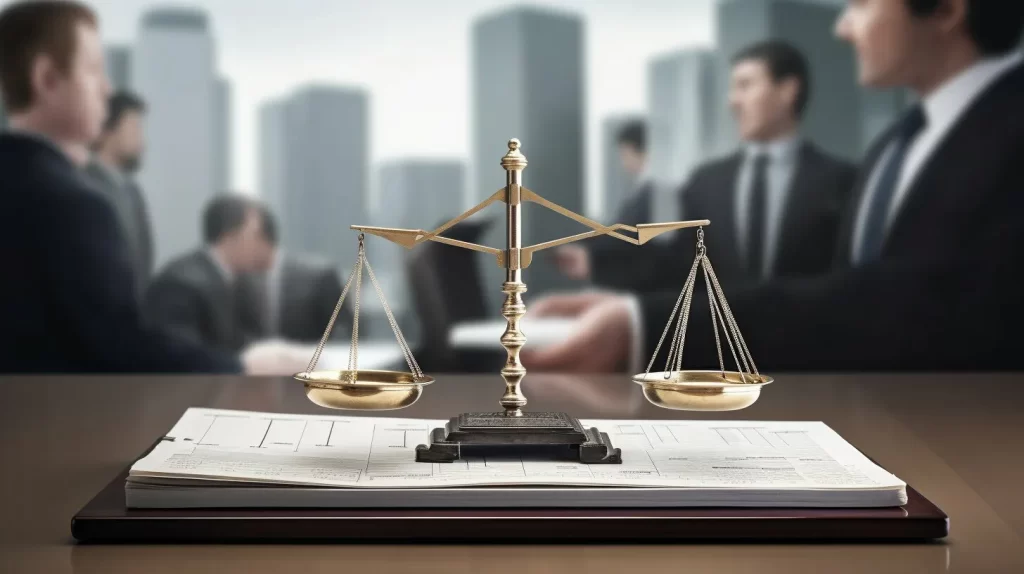Federal Draft Law Regarding Quran Memorization Centers
Honorable Rapporteur:
Article (14) as presented by the government:
“It is prohibited for the centers to undertake the following:
- Collecting donations and alms, including zakat, for the purpose of spending them in the centers or disposing of them in any way.
- Holding lectures, seminars, and religious lessons without obtaining approval from the relevant authority as appropriate.
- Using the centers for purposes other than those designated.
- Engaging in any activity that violates the provisions of this law.
- Printing books and publications related to the centers’ activities without prior approval from the relevant authority.”
Committee Amendment: The article became Article (15) and states:
“It is prohibited for any center to undertake the following:
- Collecting donations and alms, including zakat.”
Justification: The committee deleted the clause “for the purpose of spending them in the centers or disposing of them in any way” from this item to ensure the prohibition is comprehensive.
Honorable President:
Does the council agree on the first item as amended by the committee?
Dr. Hisham Mohammed Fawzi (Legal Advisor to the Council):
In truth, Honorable President, administrative penalties such as warning or alerting or cancellation are considered sufficient. We should not include fines here because there are other criminal penalties, which would result in multiple criminal penalties. Therefore, fines should be deleted here because other criminal penalties are stipulated elsewhere, and they cannot both be imposed together. Therefore, it was necessary to delete this in this case. Thank you.
Dr. Mohammed Matar Salem Al Kaabi (Chairman of the General Authority of Islamic Affairs and Endowments):
Honorable President, esteemed members, this matter is very important for the centers, and we have consulted legal experts who informed us that fines are considered administrative penalties and not criminal penalties requiring the procedures of prosecution and the public prosecution stipulated in the Code of Criminal Procedure. That is first. Secondly, for example, the Ministry of Labor imposes fines on violating establishments. The decision is ultimately up to you. Thank you.
Honorable President:
Please proceed, advisor.
Dr. Hisham Mohammed Fawzi (Legal Advisor to the Council):
Honorable President, in truth, the council has a long-standing consistent opinion that fines are considered criminal penalties, shifting the burden of proof from the public prosecution to the defendant. This is not permissible, and it would enforce the decision even through physical coercion without awaiting a trial. There are many reasons we have explained for this matter. Thank you.
Honorable Rapporteur:
Item (2) as amended by the committee:
“2. The president has the right to suspend any licensed center that practices a violation or assign someone deemed suitable to manage it temporarily, or close any establishment practicing an activity subject to the provisions of this law without a license.”
Honorable President, should I read the justification? It is long.
Honorable President:
No need for that. Now, does the council and the government agree on this item as amended by the committee? The floor is open to Mr. Hamad Al Rahoumi.
Mr. Hamad Ahmed Al Rahoumi:
Honorable President, I believe the correct phrasing is “and assign” not “or assign”. Thank you.
Honorable President:
Yes, it is not a matter of choice, so it should be “and assign” not “or assign”. Does the council and the government agree on this item as amended? Please proceed, advisor.
Dr. Hisham Mohammed Fawzi (Legal Advisor to the Council):
Honorable President, in truth, the correct phrasing is “or assign” not “and assign”. The clause states: “The president has the right to suspend any licensed center that practices a violation or assign someone deemed suitable to manage it temporarily…”. Thus, the president has the right to either suspend the center temporarily or assign someone else to manage the center temporarily. It is a matter of choice in this case. Thank you.
Honorable Rapporteur:
Penalties
Article (18) as presented by the government:
“The imposition of penalties stipulated in this law does not preclude any more severe penalties prescribed by any other law, nor does the imposition of any disciplinary sanctions stipulated in this law prevent the imposition of the penalties stipulated in this law or any other law when necessary.
Anyone who practices any of the activities stipulated in this law without a license or permit shall be punished by imprisonment for a period of no less than two months and a fine not exceeding fifty thousand dirhams or either of these penalties.”
Committee Amendment: The article became Article (19) and was divided into two clauses, stating:
“1. Anyone who practices any of the activities stipulated in this law without a license or permit shall be punished by imprisonment for a period of no less than two months and a fine not exceeding fifty thousand dirhams or either of these penalties.
- The imposition of penalties stipulated in this law does not preclude any more severe penalties prescribed by any other law.”
Justification: The article was divided into two clauses to facilitate understanding.
The penalty was placed in the first clause, while the non-preclusion of any more severe penalties was placed in the second clause.
The deleted phrase, “nor does the imposition of any disciplinary sanctions stipulated in this law prevent the imposition of the penalties stipulated in this law or any other law when necessary”, was removed because it is unnecessary, as it is a basic principle assumed in all laws that disciplinary sanctions do not substitute for the imposition of criminal penalties for the same act.
Honorable President:
Does the council and the government agree on this article as amended by the committee? The floor is open to the Chairman of the Authority.
Dr. Mohammed Matar Salem Al Kaabi (Chairman of the General Authority of Islamic Affairs and Endowments):
Honorable President, if possible, I propose adding the following phrase: “…and the relevant authority may refer serious violations to the public prosecution for investigation,” if you find it appropriate. Thank you.
Honorable President:
Please read the proposed text slowly.
Dr. Mohammed Matar Salem Al Kaabi (Chairman of the General Authority of Islamic Affairs and Endowments):
The proposed addition is: “…and the relevant authority may refer serious violations to the public prosecution for investigation.” Thank you.
Honorable President:
Please proceed, advisor.
Dr. Hisham Mohammed Fawzi (Legal Advisor to the Council):
Honorable President, this addition is not legally necessary because a criminal violation must be referred to the public prosecution. However, this addition implies discretion, and this matter is not discretionary but mandatory; any criminal violation must be referred to the public prosecution. If someone teaches without a license or establishes a center without a license, it becomes mandatory to refer the case to the public prosecution. Additionally, there are judicial officers whose job is to document the violation. Thank you.
Dr. Hisham Mohammed Fawzi (Legal Advisor to the Council):
Honorable President, the solution is very simple and is found in the following article, which states: “Employees designated by a decision from the Minister of Justice in agreement with the president shall have the status of judicial officers to document what occurs in violation of the provisions of this law and the regulations issued pursuant thereto, within their jurisdiction.” This is a well-established principle in the state that judicial officers are responsible for detecting and reporting crimes. We cannot state in a specific law that serious violations are reported, as any criminal violation, serious or minor, must be reported. Judicial officers are responsible for this, and failure to do so makes them accountable to the public prosecution. Thank you.
Honorable President:
So, judicial officers perform this task within the framework of the law. Now, does the council and the government agree on this article as amended by the committee?
(Approved)



